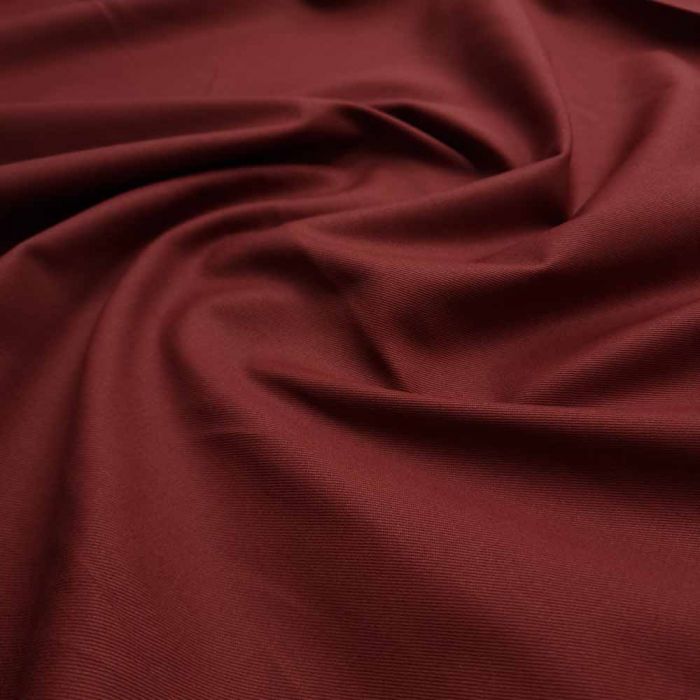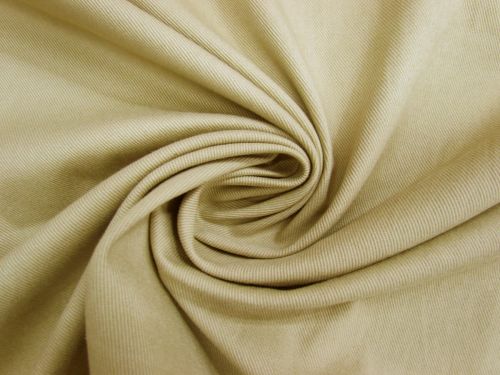What’s the Cost Difference Between Silk and Drill?

Introduction
Fabric compatibility is crucial in fashion and sewing, influencing the final product’s look, feel, and durability. Silk and drill are two distinct fabrics that often raise questions about their compatibility and cost differences. In this article, you’ll learn about these fabrics’ properties, how they can be mixed, and the cost implications of doing so.
Compatibility Analysis
When considering the compatibility of silk and drill, the answer is both YES and NO. While these fabrics can be combined, doing so requires careful attention to their differing properties. Silk is lightweight and smooth, while drill is heavier and more structured.
- Texture: Silk’s smoothness contrasts with drill’s more textured surface, making them visually interesting when paired.
- Weight: Silk is lightweight, whereas drill is medium to heavy, affecting how they drape together.
- Stretch: Neither fabric is particularly stretchy, but silk’s fluidity contrasts with drill’s rigidity.
- Care Requirements: Silk often requires delicate handling, while drill is more robust.
- Durability: Drill is generally more durable than silk, which can be delicate.
Fabric Properties Comparison Table
| Property | Silk | Drill |
|---|---|---|
| Fiber Content | Natural (silk fibers) | Typically cotton (natural) |
| Weight & Thickness | Lightweight | Medium to heavy |
| Breathability | High | Moderate |
| Stretch & Elasticity | Low | Low |
| Wrinkle Resistance | Moderate | High |
| Care Instructions | Hand wash or dry clean | Machine wash, warm |
| Durability | Moderate | High |
Benefits of Mixing These Fabrics
Combining silk and drill can offer unique benefits:
- Enhanced Texture: The contrast between silk’s smoothness and drill’s texture adds visual interest.
- Improved Comfort: Silk’s softness against the skin can enhance the comfort of a drill garment.
- Better Drape: The combination allows for structured yet fluid designs.
- Cost-Effectiveness: Mixing can reduce costs by using silk sparingly.
- Seasonal Versatility: Suitable for both warm and cool weather.
- Design Possibilities: Offers creative options for fashion and decor.
Potential Challenges
Mixing silk and drill presents challenges:
- Different Shrinkage Rates: Pre-wash fabrics to minimize issues.
- Conflicting Care Requirements: Opt for gentle care methods.
- Texture Clash: Choose complementary colors to harmonize textures.
- Seam Puckering: Use appropriate tension and stitch length.
- Color Bleeding: Test for colorfastness before washing.
Sewing & Styling Tips
- Sewing Techniques: Use a fine needle (size 70/10) for silk and a universal needle (size 80/12) for drill.
- Thread Recommendations: Polyester thread for strength and flexibility.
- Interfacing Needs: Lightweight interfacing for silk, medium for drill.
- Seam Finishing: French seams for silk, overlock for drill.
- Pattern Selection: Choose patterns with simple lines to showcase fabric contrast.
- Styling Ideas: Pair a silk blouse with drill pants for a chic look.
Care & Maintenance Guide
- Washing Instructions: Hand wash or gentle cycle for silk; machine wash drill separately.
- Drying Recommendations: Air dry both fabrics to prevent damage.
- Ironing Tips: Use low heat for silk, medium for drill.
- Stain Removal: Spot clean silk carefully; drill can handle more robust cleaning.
- Long-Term Care: Store silk garments in breathable bags; keep drill folded.
FAQ Section
- Can you wash silk and drill together? It’s best to wash them separately due to different care needs.
- Will silk shrink more than drill? Yes, silk is more prone to shrinkage.
- What needle size should I use for sewing these fabrics together? Use a size 70/10 for silk and 80/12 for drill.
- Can you mix silk and drill in one garment? Yes, with careful planning and technique.
- How do you prevent seam puckering when combining these fabrics? Use the right tension and stitch length.
- Is it okay to mix silk and drill for upholstery? Not recommended due to silk’s delicacy.
- What’s the best way to finish seams with these fabrics? French seams for silk, overlock for drill.
In conclusion, while silk and drill have distinct characteristics, they can be successfully combined with careful attention to detail, offering creative opportunities in both fashion and home decor.


Leave a Reply